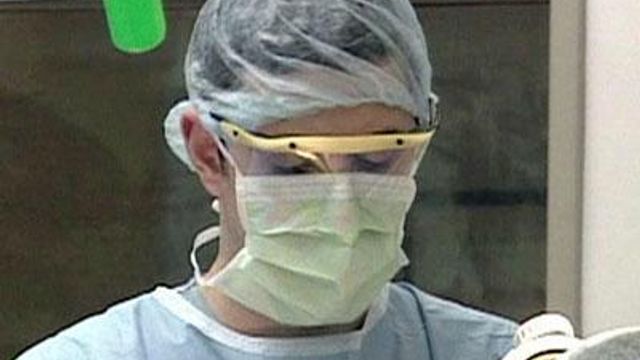Study: Could more training lower patients' mortality rate?
What's true in sports is also true with medical teams in an operating room. No matter how skilled the individuals are, if they aren't communicating and working together, the patient could die.
Posted — UpdatedWhat's true in sports is also true with medical teams in an operating room. No matter how skilled the individuals are, if they aren't communicating and working together, the patient could die.
New research is looking at the effectiveness of training in lowering patient mortality.
Researchers studied procedures done at 108 VA hospitals during a two-year period. Medical teams at 74 hospitals received special training while teams at the other 34 hospitals did not.
"One of the key elements here was flattening the hierarchy in the operating room so that everybody, the scrub tech, the nurse, the surgeon, the anesthesiologist, whomever it is in the operating room, could bring up any concerns they had about the patient,” said Julia Neily, with the VA National Center for Patient Safety.
The study, which was published in the Journal of the American Medical Association, showed that “the group that had the training initially had a 50 percent greater reduction in their mortality rate, and that was a greater reduction than the control group, the group that didn't have the training initially,” Neily said.
"The more training follow-up in the program that the sites received, the greater was the reduction in the mortality,” she added.
While some were not sold at first on the idea of training, they now embrace the concept because it improved efficiency, productivity, use of material, time and the care of the patient, according to the study.
Researchers said they hope this type of training will be used in other areas of health care as well.
Copyright 2024 JAMA. All rights reserved.





